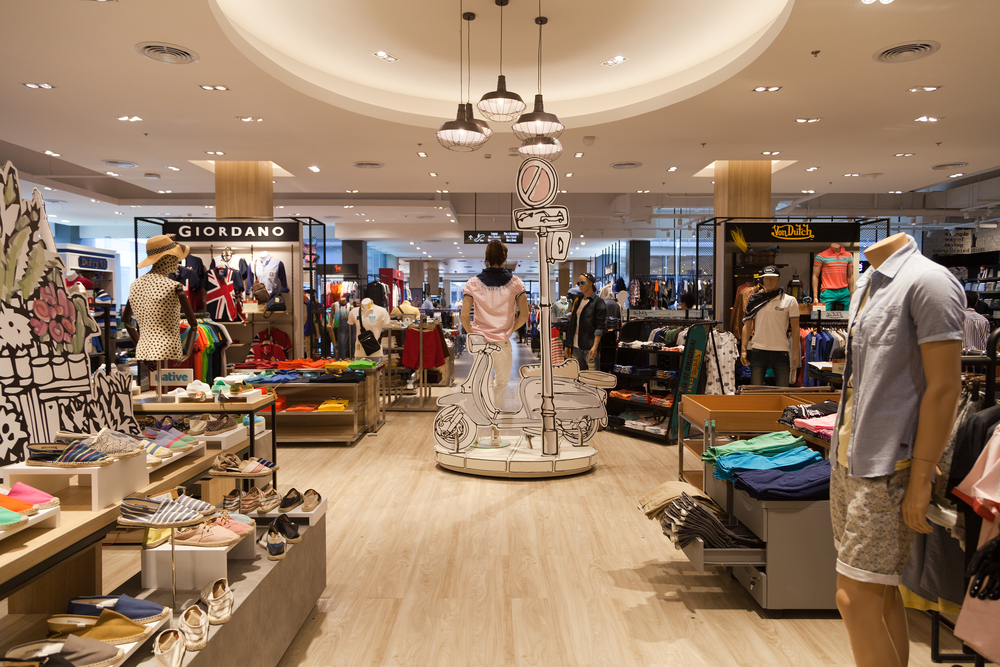When a customer enters any place of business, it is usually to consider the goods or services offered for sale. Suppose Susie enters Trudy's Exotic Emporium, a store offering many unique and some exotic products. Walking down an aisle she slips and falls, injuring herself. Is the owner of the business liable to her for the injuries she has sustained?
The answer to this depends upon several considerations. First, simply because an injury has occurred does not automatically make the store liable, or at least fully liable. Legally, the concept of absolute liability will not usually apply. Absolute liability is a situation where just because an injury or loss occurred, a party is simply held liable for the loss of another. These types of situations are somewhat rare and often apply when a defendant has been engaged in an ultra-hazardous activity.
In the scenario here, any liability placed upon the store for the injury to the customer would normally be predicated upon the concept of negligence on the part of the business. During the first year of law school, most students are exposed to the somewhat strange world of tort law and the discussion of when one party should be liable for injury or loss to another.
A business open to the public is basically expected to use reasonable care to maintain the premises in a reasonably safe condition and state. In principle this should make sense to most persons and not be viewed as an overly burdensome obligation on the business operator. The issues in most situations revolve around the question of what the business did or did not do with respect to maintaining the premises in a reasonably safe condition.
Here we should perhaps emphasize the term 'reasonably' safe condition. We are not referring to the legal concept of absolute liability or saying that the business is guaranteeing the safety of all customers in all circumstances.

6 ways to reduce risk
That said, what should a business owner do? One suggestion would be to consult with an insurance agent. If you call us at Bob Lancaster Insurance we can send a representative to come out and look over the business premises and give advice. If the owner has an attorney, a consultation might be of value.
As a business owner, consider setting up periodic sweep schedules where an employee goes through the premises looking for problems like spilled drinks on the floor and other possible issues. Keep a record of these sweep schedules. In the future this shows an effort to find and clear possible problems and hazards. Should the matter end up in court, it shows the business owner used reasonable care in an attempt to avoid problems. Most businesses will clean up or remove a known hazard, such as spilled soft drinks on a floor, but going further with periodic checks for hazards offers better evidence of a concern for safety.
If problems are found, try to remedy them as soon as possible because it shows the business took reasonable actions to avoid injury to customers and correct the problem.
Be proactive. If there is a problem, address it. Retailers may want to consider a sign on the front door or window advising that no food or drinks are allowed inside the business. While this won’t always prevent customers from bringing them in the store, if someone slips and falls it shows the store tried to prevent such problems.
Look at displays of merchandise – are boxes stacked too high? Do they pose a risk of falling? Merchandise placed on higher shelves may pose a problem. Consider posting a notice that customers should request assistance for such items.
What about the condition of the floor itself? Are there protruding ridges, broken tiles where footwear may get caught? You cannot prevent all problems, but you can reduce possible liability by taking reasonable precautions.
If there is an accident and a customer is injured, make an accurate report of the matter. Details are important. For example, in a slip and fall not only is what may have been on the floor important, but notice what kind of footwear the customer was wearing. Were they flats, heels, tennis shoes or a slippery type of sandal?
Many incidents may occur on a business premises. Take the time to look around and think about making changes to conditions that have the potential to cause or contribute to an accident. All accidents cannot be prevented, but the effort to maintain safe conditions will show that reasonable care was exercised.

No comments:
Post a Comment